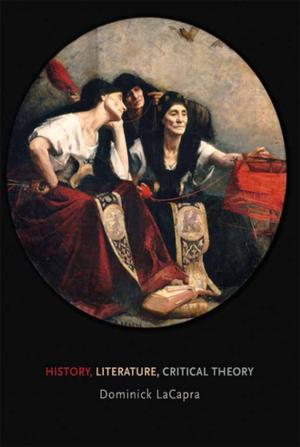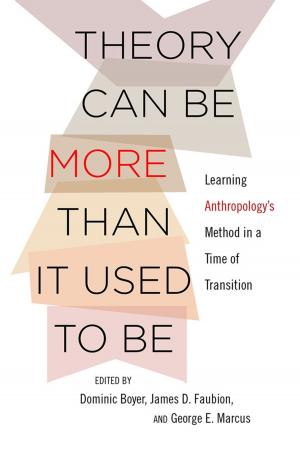Kith, Kin, and Neighbors
Communities and Confessions in Seventeenth-Century Wilno
Nonfiction, History, Baltic States| Author: | David A. Frick | ISBN: | 9780801467523 |
| Publisher: | Cornell University Press | Publication: | December 15, 2009 |
| Imprint: | Cornell University Press | Language: | English |
| Author: | David A. Frick |
| ISBN: | 9780801467523 |
| Publisher: | Cornell University Press |
| Publication: | December 15, 2009 |
| Imprint: | Cornell University Press |
| Language: | English |
In the mid-seventeenth century, Wilno (Vilnius), the second capital of the Polish-Lithuanian Commonwealth, was home to Poles, Lithuanians, Germans, Ruthenians, Jews, and Tatars, who worshiped in Catholic, Uniate, Orthodox, Calvinist, and Lutheran churches, one synagogue, and one mosque. Visitors regularly commented on the relatively peaceful coexistence of this bewildering array of peoples, languages, and faiths. In Kith, Kin, and Neighbors, David Frick shows how Wilno’s inhabitants navigated and negotiated these differences in their public and private lives.
This remarkable book opens with a walk through the streets of Wilno, offering a look over the royal quartermaster’s shoulder as he made his survey of the city’s intramural houses in preparation for King Władysław IV’s visit in 1636. These surveys (Lustrations) provide concise descriptions of each house within the city walls that, in concert with court and church records, enable Frick to accurately discern Wilno’s neighborhoods and human networks, ascertain the extent to which such networks were bounded confessionally and culturally, determine when citizens crossed these boundaries, and conclude which kinds of cross-confessional constellations were more likely than others. These maps provide the backdrops against which the dramas of Wilno lives played out: birth, baptism, education, marriage, separation or divorce, guild membership, poor relief, and death and funeral practices. Perhaps the most complete reconstruction ever written of life in an early modern European city, Kith, Kin, and Neighbors sets a new standard for urban history and for work on the religious and communal life of Eastern Europe.
In the mid-seventeenth century, Wilno (Vilnius), the second capital of the Polish-Lithuanian Commonwealth, was home to Poles, Lithuanians, Germans, Ruthenians, Jews, and Tatars, who worshiped in Catholic, Uniate, Orthodox, Calvinist, and Lutheran churches, one synagogue, and one mosque. Visitors regularly commented on the relatively peaceful coexistence of this bewildering array of peoples, languages, and faiths. In Kith, Kin, and Neighbors, David Frick shows how Wilno’s inhabitants navigated and negotiated these differences in their public and private lives.
This remarkable book opens with a walk through the streets of Wilno, offering a look over the royal quartermaster’s shoulder as he made his survey of the city’s intramural houses in preparation for King Władysław IV’s visit in 1636. These surveys (Lustrations) provide concise descriptions of each house within the city walls that, in concert with court and church records, enable Frick to accurately discern Wilno’s neighborhoods and human networks, ascertain the extent to which such networks were bounded confessionally and culturally, determine when citizens crossed these boundaries, and conclude which kinds of cross-confessional constellations were more likely than others. These maps provide the backdrops against which the dramas of Wilno lives played out: birth, baptism, education, marriage, separation or divorce, guild membership, poor relief, and death and funeral practices. Perhaps the most complete reconstruction ever written of life in an early modern European city, Kith, Kin, and Neighbors sets a new standard for urban history and for work on the religious and communal life of Eastern Europe.















